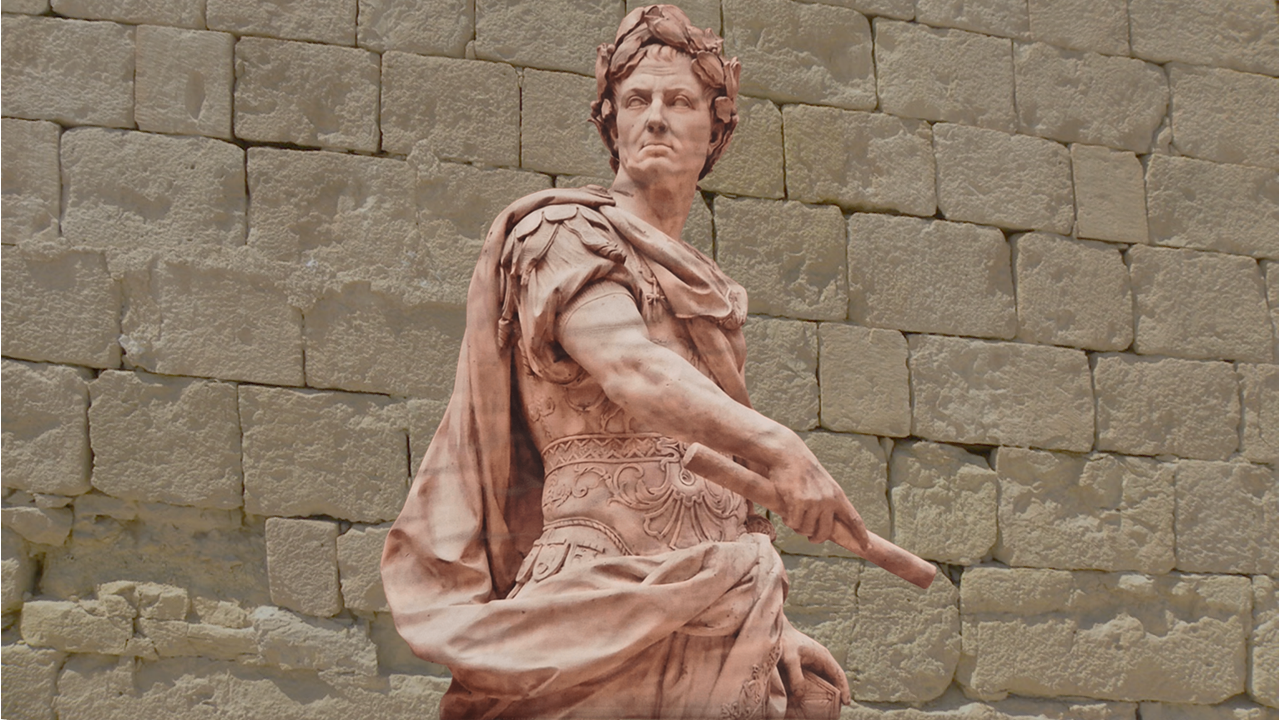[Dutch version can be found here]
You can often sense it instantly. Someone enters the room, and without saying a word, there’s something about them. A natural authority. People pause, pay closer attention, adjust their tone.
What makes certain leaders command a room the moment they walk in, without uttering a single word? Why do some capture our full attention, while others need to raise their voice just to be heard?
Often, the answer comes down to one word: gravitas.
Whenever we start a leadership program at ViaMens, I pay close attention to how key team members enter a room. Not just physically — their posture, gaze, movement — but also energetically: how do they take their place? Do they bring a sense of weight? Do they carry gravitas?
Gravitas is that elusive but unmistakable quality that separates competent leadership from truly impactful leadership. More often than not, it’s the deciding factor at the top level of organizations — in promotions, succession planning, and, ultimately, in the overall effectiveness of the business.
What is gravitas?
The term comes from Latin, meaning “heaviness” or “weight”, and was considered one of the core virtues of public life in Roman times. Alongside virtus, dignitas, and pietas, it formed the backbone of Roman leadership. It implied seriousness, trustworthiness, sound judgment, and a strong presence — traits still essential in today’s leaders.
The Dutch newspaper Het Financiele Dagblad once shared a telling example in the article “In Search of Gravitas” (March 2018). At Rosen Company, two internal candidates were vying for a senior executive role. Both were competent, but the board ultimately chose the one they believed had gravitas. “John lacks the sufficient weight,” a board member remarked. It had nothing to do with degrees or technical skills — it came down to presence, calm, and the ability to judge wisely in complex situations.
Gravitas: more than a first impression
Many people describe gravitas as a blend of balance, confidence, and authenticity. Some simply say, “You know it when you see it.” But gravitas is more than flair or stage presence. True gravitas isn’t an act — it’s the alignment of inner strength and outward expression.
It’s built on a combination of:
- Internal qualities such as self-awareness, integrity, expertise, and emotional intelligence;
- External signals like body language, tone of voice, poise, calm under pressure, and a clear, convincing communication style.
In other words: gravitas is the ability to stand your ground in challenging situations, judge wisely, speak with quiet conviction, and inspire trust. It’s a form of authority that doesn’t shout — it resonates.
Why gravitas matters in leadership
Leaders who lack gravitas may be respected for their content, but they often fail to inspire natural followership. That creates noise, doubt, and slows down decision-making. Gravitas, on the other hand, brings:
- Trust – People feel safe with someone who knows what they’re doing and doesn’t need to prove it loudly.
- Decisiveness – Leaders with gravitas take responsibility, even for unpopular decisions.
- Calm – In moments of crisis, they become the anchor. They absorb chaos without being thrown off.
- Influence – Without manipulation, they bring others along through credibility, clarity, and integrity.
Gravitas is often about perception — how others assess someone’s competence and importance. It’s shaped by how we see someone act, speak, and present themselves. Again and again, gravitas proves to be the critical differentiator in high-stakes leadership.
Can you develop gravitas?
To some extent — yes. But it’s no quick fix. Gravitas requires practice, experience, and deep reflection. You could see it as a journey along two tracks:
1. The visible path – trainable skills and behaviors:
- Developing the ability to speak clearly and powerfully, even off the cuff;
- Practicing emotional control — remaining calm even in chaotic or hostile environments;
- Using your voice, posture, and language consciously as signals;
- Actively seeking feedback on how others perceive your “weight” — and where it’s lacking.
2. The inner path – a personal journey that requires time, life experience, and introspection:
- Learning to handle setbacks, moral dilemmas, and uncertainty;
- Building self-knowledge: who you are, what matters to you, and what your unique voice is;
- Deepening your judgment by truly understanding both your field and the people in it.
True gravitas arises when outer appearance and inner strength are in harmony. Not through performance or pretense, but by cultivating character. Only then does your presence carry real weight — not just shadows cast on the wall.
The courage to make a difference
In leadership development, I often see people focus on strategy, structure, or communication. All important — but without gravitas, it stays shallow. Gravitas is what gives leadership real depth. It’s the difference between power and influence, between position and authority.
At ViaMens, we help leaders connect with that deeper layer — not to perform more ‘weight’, but to strengthen the quiet foundation on which true impact rests.
Curious how you — or your team — could grow in this area? Let’s talk. Most happy to spar with you about it. Send me a message or give me a call.
Erik Versteeg, August 4, 2025 | www.viamens.nl
ViaMens delivers Leadership, Organisational Strength, Impact and Continuity.


